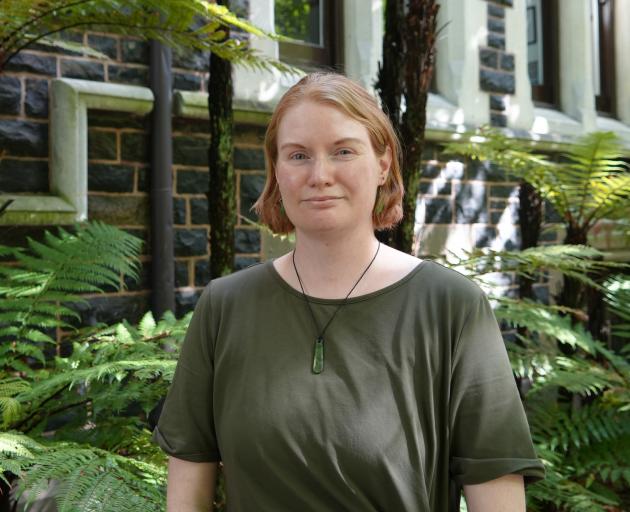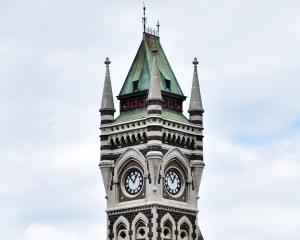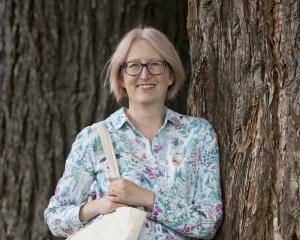
University of Otago women’s and children’s health researcher Dr Emma Wade hopes to change that after receiving the prestigious Sir Charles Hercus Fellowship in the latest round of Health Research Council grants.
Dr Wade said the condition was "incredibly common" in women, but its incidence in New Zealand was poorly understood and effective treatments were lacking.
"Women’s health research is neglected, especially for conditions that primarily affect older women."
She planned to use the $600,000 fellowship to study how genes contributed to pelvic organ prolapse (POP).
By recruiting women across the country, she would be able to link genetic changes to protein expression in the pelvic floor and develop an understanding of POP here in New Zealand, Dr Wade said.
"My project will use genomics here in Aotearoa, along with large international data sets, to uncover novel genes that contribute to the tissue strength of the pelvic floor.
"Knowledge of critical proteins will be used to develop smart, biological drugs to strengthen healing of connective tissue in pelvic organ prolapse, and other connective tissue disorders."
The research aimed to deliver much needed outreach and support to all women, including those who could avoid medical care for the condition, she said.
"I think it’s important we have dedicated research programmes that address women’s health.
"This fellowship is an important step in addressing knowledge gaps around the pathogenesis of pelvic organ prolapse and exploring targeted treatments.
"I’m incredibly grateful the HRC is supporting this work," she said.
Ultimately, she hoped to lead genomics-driven solutions for connective tissue disorders in New Zealand.
Dr Wade is one of 16 University of Otago researchers who received $2.8 million of Health Research Council funding to advance their careers.
Other HRC grant winners were
Clinical Research Training Fellowship: Dr David Lewis, Department of Medicine (Wellington) $260,000; Nishal Pinto, Department of Orthopaedic Surgery and Musculoskeletal Medicine (Christchurch) $203,835; Melanie Millier, Department of Microbiology and Immunology (Dunedin) $220,000; Clara Fergus, Department of Paediatrics (Christchurch) $260,000.
Māori Health PhD Scholarship: Sheree Tikao-Harkess, School of Physiotherapy (Dunedin) $101,050; Nasya Thompson, Department of Surgery (Christchurch) $141,275;
Māori Health Development Grant: Mau Clark, Māori Indigenous Health Innovation (Christchurch) $20,000.
Māori Health Research Knowledge Translation Grant: Dr Miriama Ketu-McKenzie, Department of Psychology (Dunedin) $5000.
Pacific Health Research Masters Scholarship: Noah Kelly-Foleni, Department of Pathology (Dunedin); $30,873.
Pacific Health Research PhD scholarship: Katrina Sharlott, School of Physical Education, Sport and Exercise Sciences (Dunedin) $127,000; Michaela Peters, Centre for Hauora Māori (Dunedin) $142,550; Amanaki Misa, Doctor of Business Administration
Programme (Christchurch) $46,383; Eliana Viali, School of Physiotherapy (Dunedin) $142,550.
Pacific Health Research Postdoctoral Fellowship: Dr Taulaga Auva’a-Alatin, Department of Psychology (Dunedin) $577,481.
Pacific Health Research Knowledge Translation Grant: Jekope Maiono, Department of Management (Dunedin) $4992.












